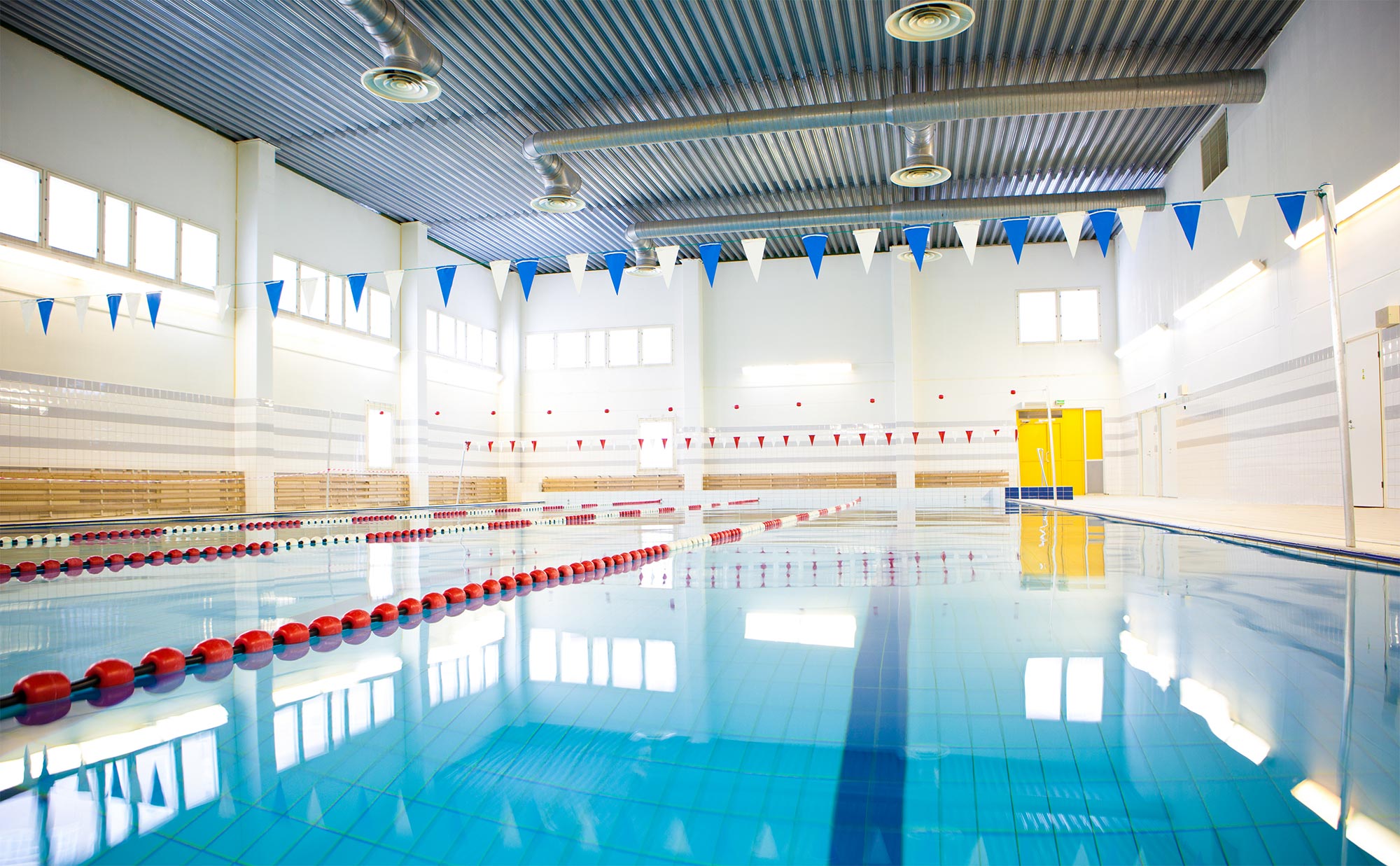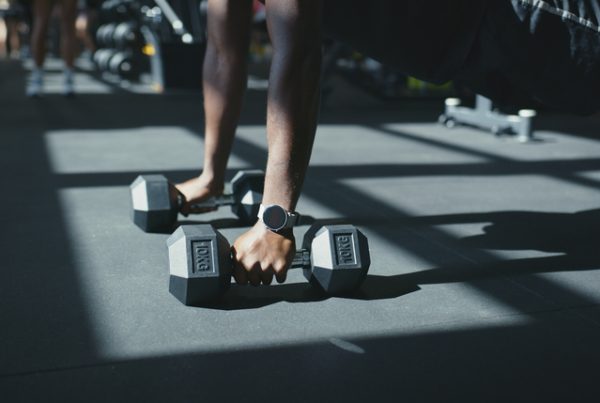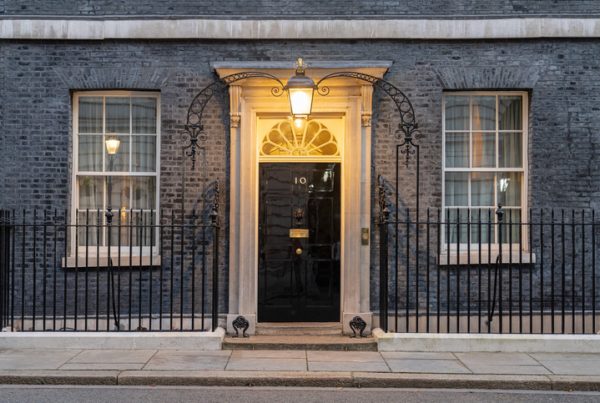ukactive and the LGA have issued the following statement today (7 July) on the future of public leisure facilities in the UK
The pandemic has caused unprecedented damage across society, with the impact of COVID-19 exacerbating already-entrenched health inequalities. The importance of, and emphasis on, population-wide health and wellbeing has never been more pertinent, with community-level access to exercise and physical activity fundamental to our recovery.
Within the Queen’s Speech in April, the Government set out its priority to deliver a national recovery from the pandemic: to create a stronger, healthier, and more prosperous society, to level up opportunities, and to assess the impact of the pandemic on public services.
This is an ambition we support collectively, especially given the significant decrease in activity over the past year, but we need to see this ambition being delivered through the actions and interventions that our government makes. The sport and physical activity sector – especially gyms, pools and leisure centres – should be central to this ambition, with fitness activities representing the largest driver of physical activity in England pre-covid, behind walking.
The sport and physical activity sector has faced significant financial and operational challenges as a result of the pandemic, causing unprecedented damage to essential facilities and services which serve a diverse range communities across the UK.
In order to ensure that the Government’s ambition is realised we (the collective partners) agree there is the need for both short- and long-term action.
In order to move forward, it is essential that, in the short-term, we work together to stabilise the sector to provide a strong foundation for the delivery of necessary reform and the evolution of services available to the public. This means bridging the funding gap that exists across public leisure, to ensure that local authorities and providers can operate confidently and serve their local communities throughout this period of recovery. As a result, we need to see the Government commit to a second phase of the National Leisure Recovery Fund as a matter of urgency.
In the longer-term, there is a clear case to evolve the purpose and future role of public leisure, implementing reforms that enable sustainability, prioritise value over cost, and that help to support the Government’s ambition to level-up and tackle rising health inequalities. We have a great opportunity to create a modernised, more resilient service that is outcome-focused and adequately meets the requirements of the those most in need – delivering healthier, more active communities. At the heart of this reform, we must address some fundamental issues, including procurement, standards, data and integration with health agencies.
Throughout the past year, multiple partners including ukactive, the Local Government Association (LGA), Community Leisure UK, Association for Public Service Excellence (APSE) and Sport England have been working together and undertaking wide-scale consultations, enquiries and data collection in order to be fully informed of the challenges and opportunities as we emerge from the pandemic.
Over the coming months, leading organisations within the sector will work together in collaboration to set out a roadmap of measures required in order to ensure the successful survival, recovery and evolution of this essential service. Most importantly this work will provide a strong foundation to establish a longer-term vision in transforming and raising the value of the sector and creating a platform for growth and change.
ukactive’s thought leadership paper will explore the role of the importance of data, standards, procurement reform and health integration, while the LGA, APSE and Chief Culture and Leisure Officer’s Association’s (CLOA) research report will explore the unique contribution of public leisure to getting the nation active and identify ways to enhance that contribution.




